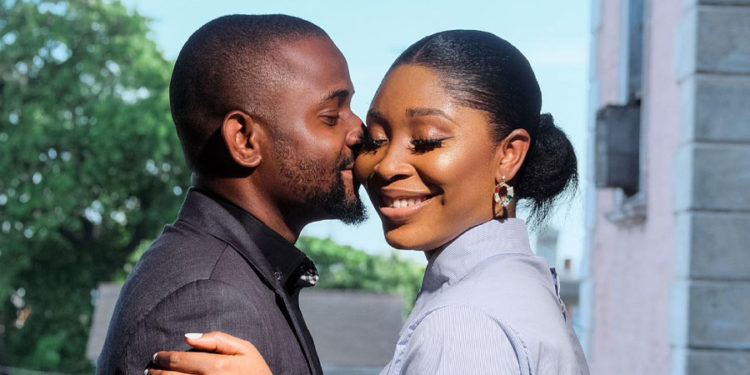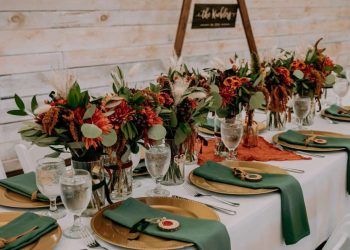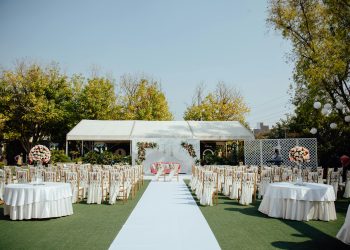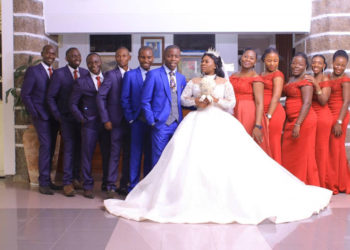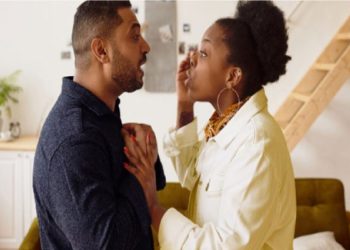By Joan Salmon
Trust and Maureen Nongo look back at their first year of marriage and laugh. No, it was not milk and honey, but one issue after another that the only thread that held them together was their commitment to never give up. “There were other things that played a role in a rocky first year but one that stands out is lack of ample time in being counselled and practicing what is learnt in our marriage.” Maureen says their premarital counselling was a month to their wedding so they just got into a crazy cycle in their first year of marriage. Even when they got several nuggets from the counselling, she says she never put thought into them. “One of these was finances and it could have been that we had some fears, but on the other hand, we were not given enough time to digest the things such as how to keep our money together. We thus did the reverse of things and that really affected us financially, emotionally as a lot of things were spinning out of control with one misunderstanding after another. I say with untainted conviction that had we got the opportunity to work on these things before we got married, our marriage would have turned out better.”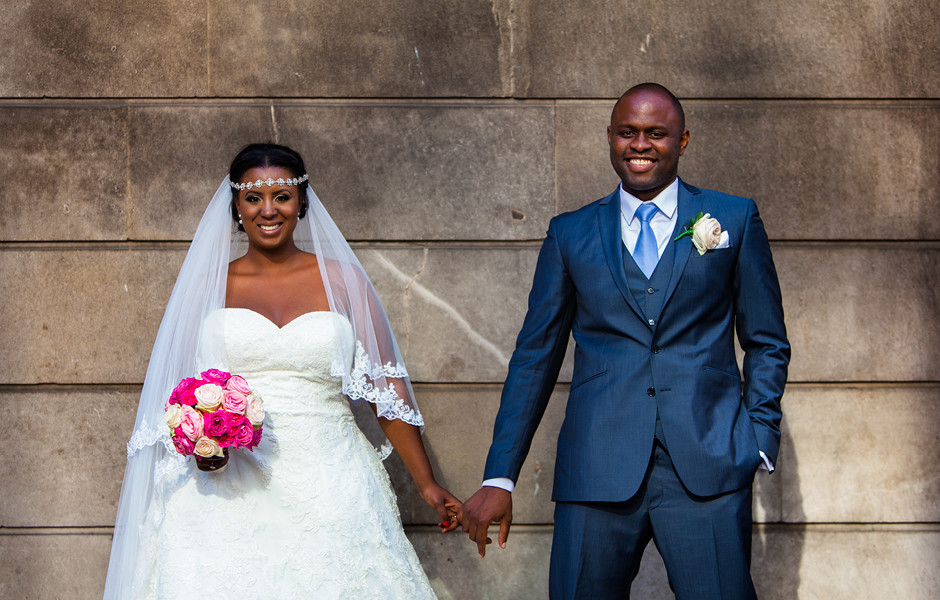
Unlike other counselling sessions, premarital counselling is rendered before one steps into marriage. It is akin to a training equipping one for the journey ahead. However, is it being taken as serious as it ought to?
Enid Mugarura, a counsellor at Thera Cave, says from Marriage Today trainings by Ps Jimmy Evans, approximately 20 to 30 per cent of couples seek premarital counselling yet only one to five per cent seek professional counselling. While there may be considerations of costs as to why some couples may not go for professional help, couples who get premarital counselling are 30 per cent stronger than those who do not. “Couples who don’t go for proper premarital counselling will have challenges which expose the marriage to factors that could strain it out of existence.”
Lindsay Kinkuhaire Nzeyi, a counselling psychologist in Kampala, shares that while in some parts of the world, premarital counselling has been established as a norm before marriage, in Uganda, it is a fairly new concept, with rapidly growing attraction among professional therapists, Church and other religious institutions. “In fact, it now seems Church leaders will not marry couples who have not undergone counselling having become a requirement.”
Typically, premarital counsellors will provide couples a safe environment in which they can dig deep and revisit previous impressions, decisions, and declarations they have formed about marriage before tying the knot. “The couples also get an opportunity to clarify some lingering uncertainties, deal with any current relationship challenges, and reaffirm their commitment to a future together.”
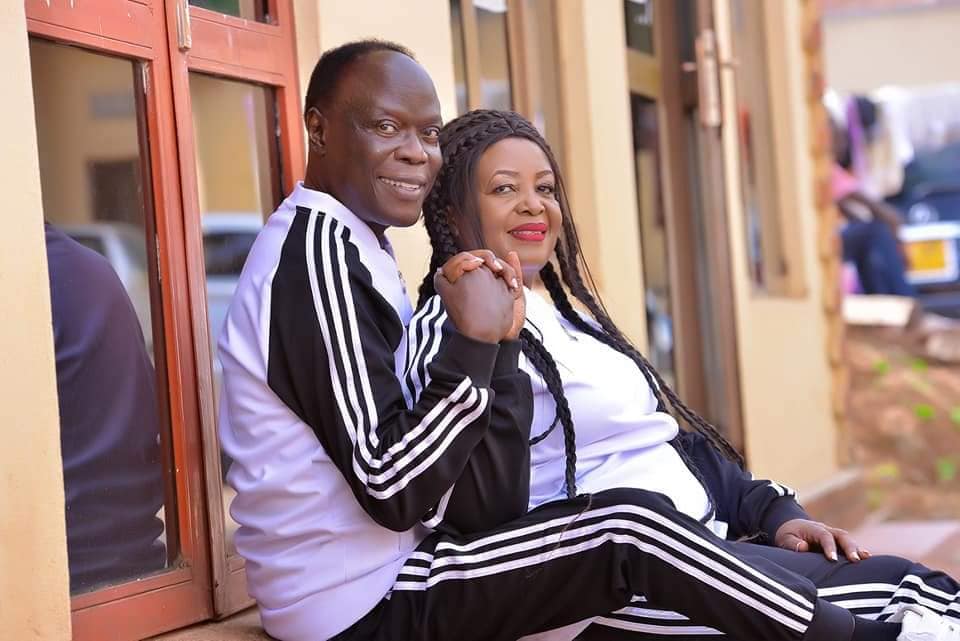
Ivan and Joy Otim had several pre-marital counselling sessions with different people and from two churches (Watoto Church North and St Kakumba Chapel, Kyambogo University). Their counselling started even before the official proposal in 2015 which helped them develop the resolve that divorce or separation solved no problem but the Word of God and community support. “When ready to tie the knot, we had another round of premarital counselling in 2018 for four months at Watoto and later in 2019 at St Kakumba for three months. During these, we learned how to handle tough situations as a family, managing expectations, and health and wellness.”
While premarital counselling has been deemed important, Maureen Nongo says in most cases, it is done a few months; three months or less before the wedding. “In our case, it was a month to our wedding. However, at that time, couples have a lot on their mind such as service providers, the balance on the gown, unfulfilled pledges thus cannot concentrate on what is being done or said. Seeing how important these session are, timing matters if they are to benefit couples. It is better to get these couples early enough, say a year or two into their courtship and start moving with them step by step before the pressure of the ceremonies comes in.”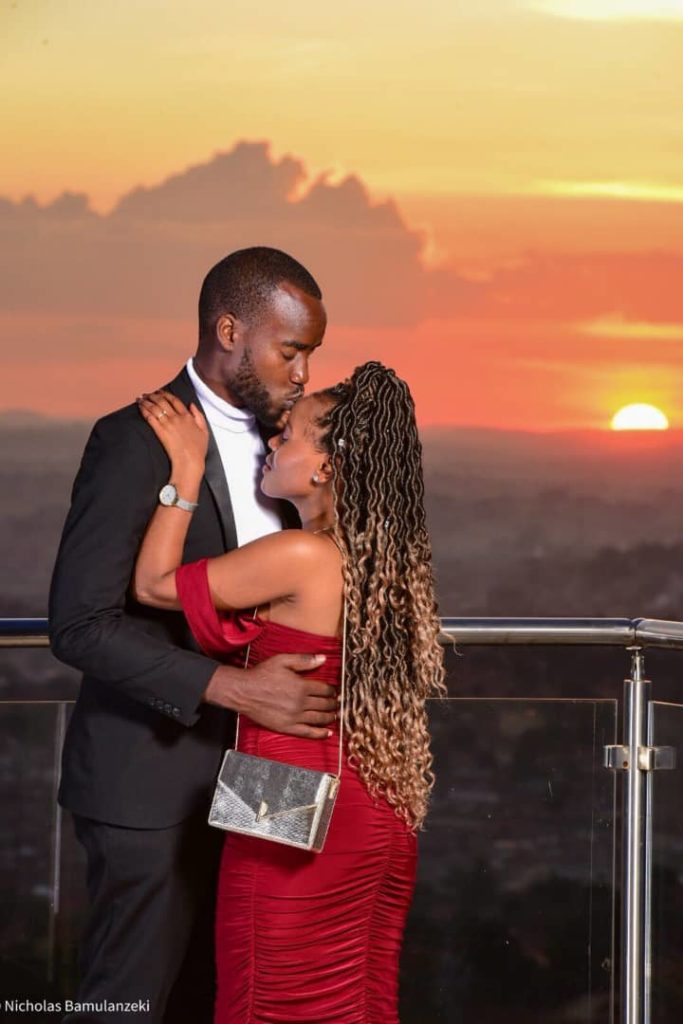
Kinkuhaire shares that the length of the counselling depends on the counsellor, which in turn is determined by the individual needs and goals of the couple. That said sessions may last anywhere between four to 12 weeks within which the couple attends once or twice a week but the counsellor will always involve them in making the decision about the duration of the counselling.
She adds that the individual and unique presentation of the couple will determine the depth and intensity of the process. “Sometimes, couples face complicated challenges or have underlying issues that require more in-depth intervention. If for instance, one person believes in polygamy, and the other totally disagrees.” All in all, Mugarura shares that the facilitator or counsellor must go as deep as it requires because they must prepare the couple for a long-lasting relationship.
“Isn’t a year or even 12 weeks unbearably long?” One might ask, which is somewhat expected because most couples are in a highly emotional excitable state in the early part of their relationship, giving little thought to what responses their spouses may have in anger, emergencies, or major life problems that are part of life and marriage for that matter.
Mugarura says this counselling goes beyond just sexual appeasement affording you the opportunity to squarely navigate topics such as the relationship, conflict resolution, finances, communication, self care, and expectations.” Aware of the several topics, Kinkuhaire urges couples to go deeper and assess fundamental questions during these sessions. “These include;
- What characteristics of your intended spouse do you appreciate or do not like at all?
- Do you really know each other’s interests and aspirations, or future goals? What activities do you plan to do together that will enhance the quality of your new family life?
- What are your marriage expectations and roles?
- What are your individual or common plans for resolving future conflicts?
- What are your goals and intentions about finances?
- How do you plan on creating healthy channels of communication?”
Mugarura adds that issues discussed are so many and even when they seem to cut across, some are subjective to the couples one is handling.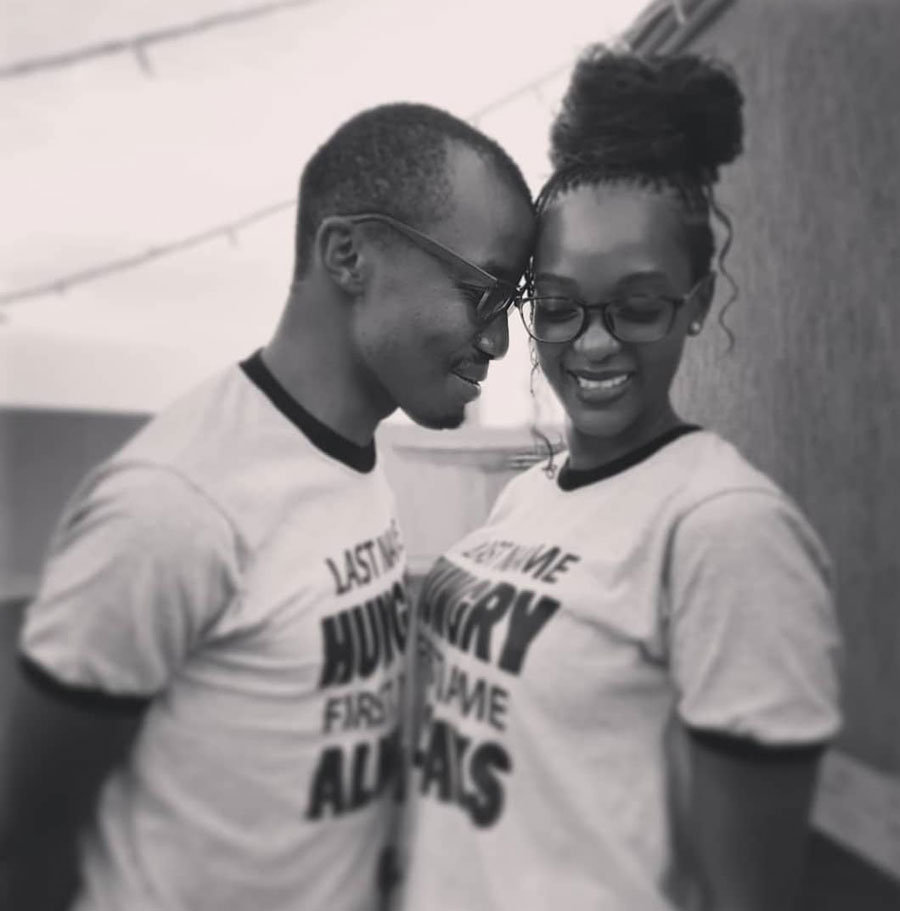
Ivan Otim says the sessions they had were in groups, so it was always interactive and fun learning about people’s experiences and topics from different pastors, as well as their expectations of marriage. “We also learned about financial management in a home, raising Godly children as Christian parents, differences between a woman and a man’s brain, family roles, building a family prayer altar and the huge topic on sex. While it was our first institution-based pre-marital counselling, it cleared many of our questions about marriage and gave us confidence as we shared with fellow couples during the counselling. Today, we look back and appreciate this opportunity, and are able to apply some of the key things we learned to our marriage.”
Looking at what is brought to light during these sessions, one wonders if a marriage starting without this counselling is worth it. Kinkuhaire shares that while in some cultures, couples intending to get married may undergo some form of preparation which is very helpful in establishing the individual’s expected roles, in this modern society, especially in the metropolitan communities, young couples go through trial and error marriages, and consequently experience great setbacks. “There are many couples who get married without counselling, and while there is no data to prove that such couples are more prone to problematic marriages, research shows that couples who have the benefit of pre-marital counselling address many issues that would have challenges.”
Mugarura augments that saying if she had her way, she would never allow for couples getting married without counselling. “They miss out on several things such as appreciating why they are getting married, learning how to strengthen their relationship, and managing their expectations.”
Mugarura appreciates counselling from aunts, uncles and elders, but urges couples to endeavour to get professional premarital counselling for a varied view.

